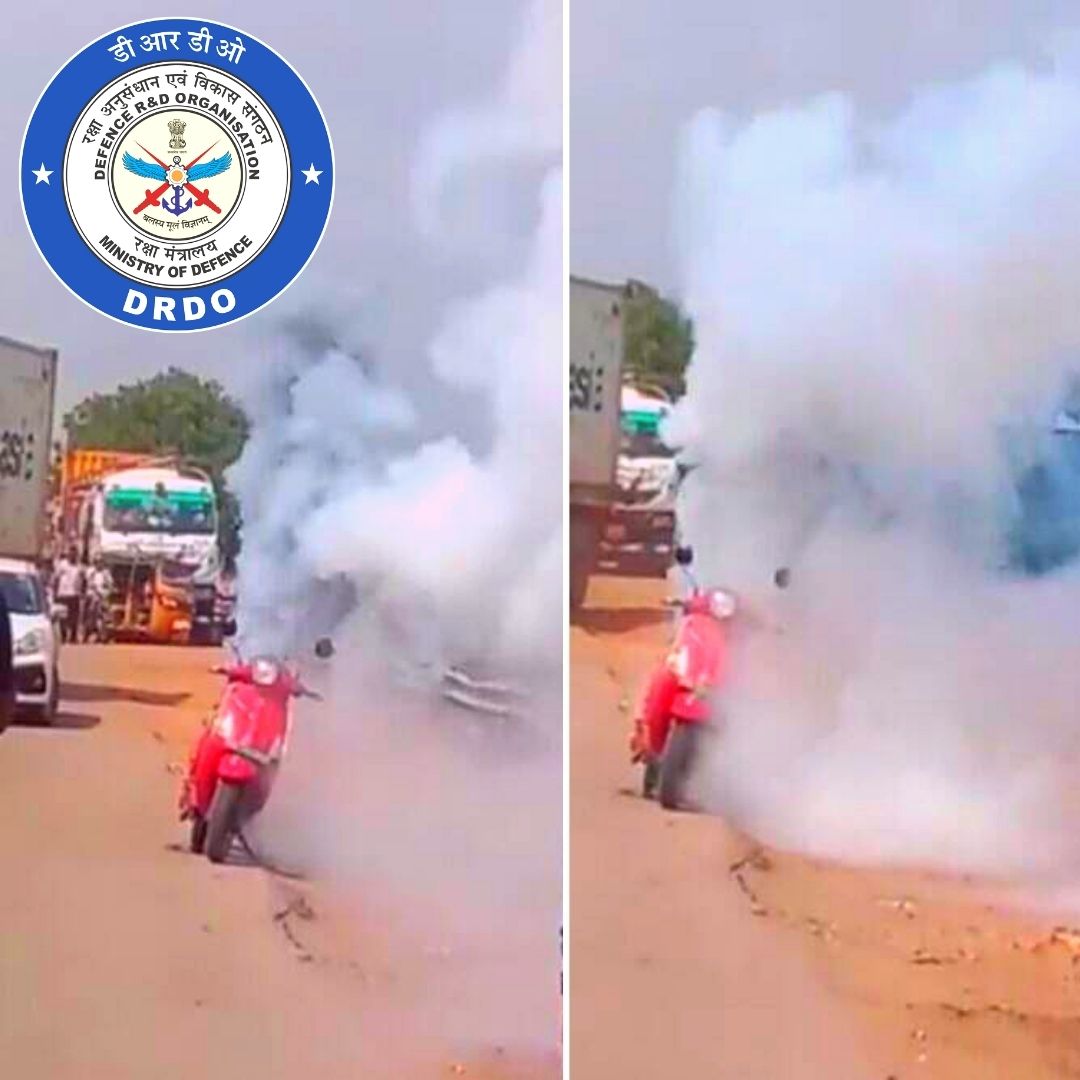DRDO Reveals Severe Battery Defects In EVs That Caught Fire; Govt Seeks Explanation From Manufacturers
Writer: Shiva Chaudhary
A post-graduate in Journalism and Mass Communication with relevant skills, specialising in content editing & writing. I believe in the precise dissemination of information based on facts to the public.
India, 24 May 2022 8:29 AM GMT
Editor : Snehadri Sarkar |
While he is a massive sports fanatic, his interest also lies in mainstream news and nitpicking trending and less talked about everyday issues.
Creatives : Shiva Chaudhary
A post-graduate in Journalism and Mass Communication with relevant skills, specialising in content editing & writing. I believe in the precise dissemination of information based on facts to the public.
These defects happen because the EV manufacturers may have used "lower-grade materials to cut costs" despite submitting A-grade cells for testing, taking advantage of the loosely-framed rules.
After repetitive instances of electric vehicle fires at different places across India, the Defence Research and Development Organisation (DRDO) Centre for Fire Explosive and Environment Safety was tasked to investigate the EV fire incidents by the Union Road Transport and Highways Ministry (MoRTH).
The DRDO submitted its fact-finding report to the MoRTH on Monday, May 23, which highlighted severe defects in the batteries of the EVs, including the designs of the battery packs and modules, reported CNBC.
DRDO Report Findings
Along with the usage of the poor quality cells, the report revealed other issues such as lack of fuse, problems with thermal management and battery management system (BMS).
These defects happen because the EV two-wheeler manufacturers like Okinawa Autotech, Pure EV, Jitendra Electric Vehicles, Ola Electric and Boom Motors may have used "lower-grade materials to cut costs" despite submitting A-grade cells for testing, taking advantage of the loosely-framed rules in the absence of surprise checks, reported The Economic Times.
The probe noted problems specific to each company and negligence on the part of testing agencies like the Automotive Research Association of India (ARAI).
Further, the fact-finding report identified lapses in inspecting random samples and has instructed companies to ensure all cells are thoroughly tested, and global best practices are obeyed.
Government Seeks Explanation From Manufacturers
The MoRTH has shared the probe with Ola, Okinawa, Jitendra EV, Pure EV, and Boom Motors and directed companies whose vehicles were involved in the recent fire accidents to establish testing laboratories for cells. The ministry has asked representatives of e-scooter manufacturers to submit an explanation of the probe findings.
Also, the ARAI and International Centre for Automotive Technology (ICAT) would carry out surprise checks on the EV manufacturers.
Further, the government is currently working on new quality-centric guidelines for EVs that are expected to unveil soon.
 All section
All section















